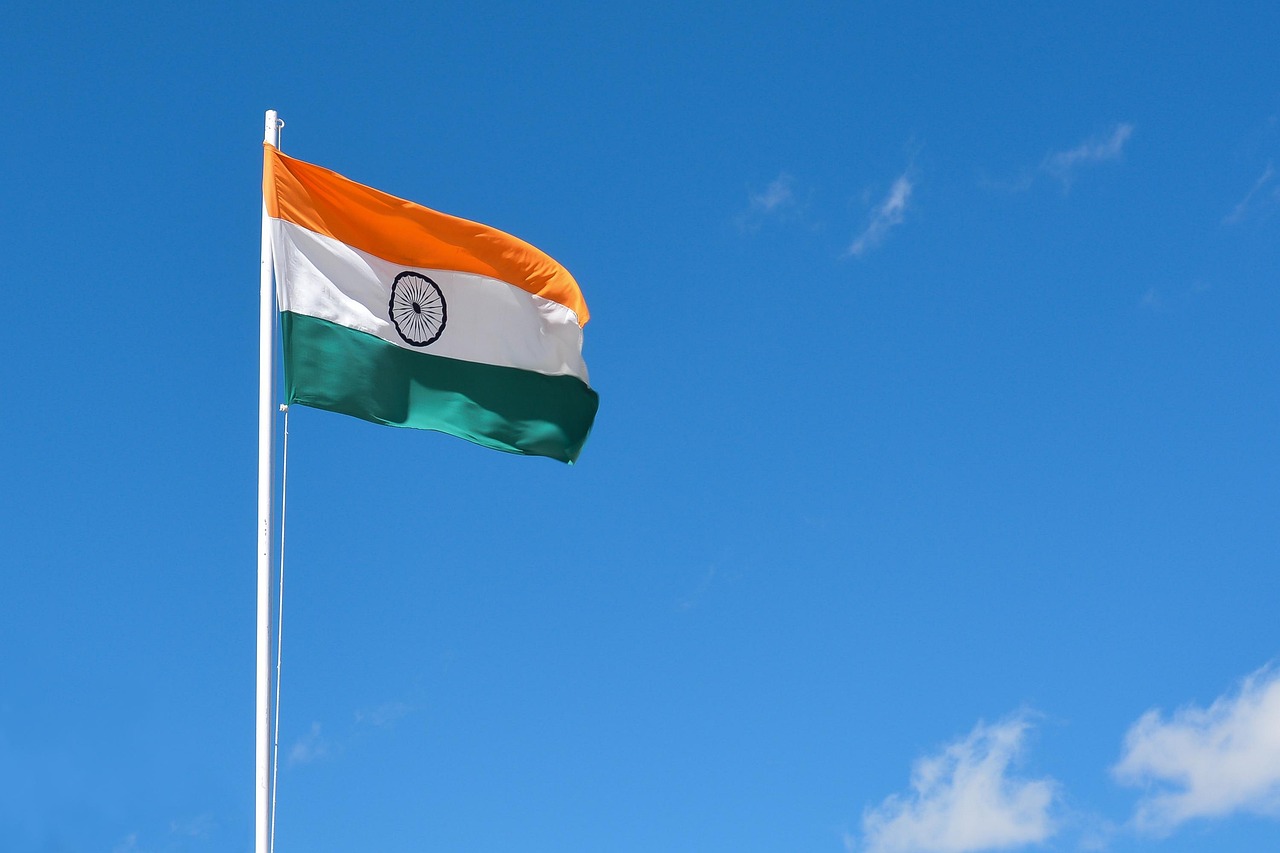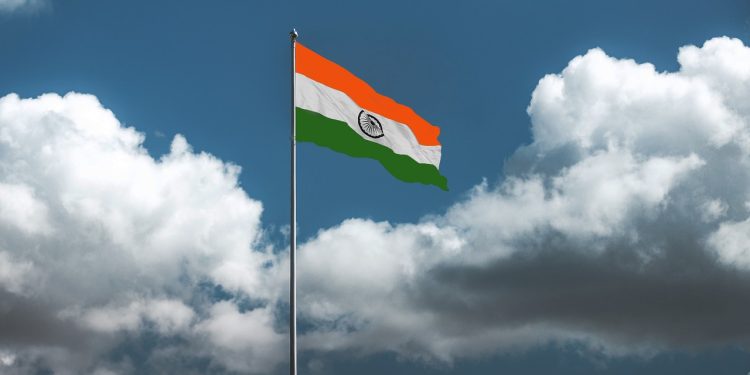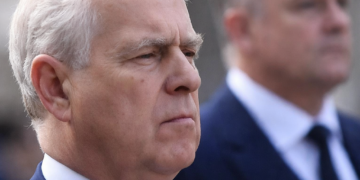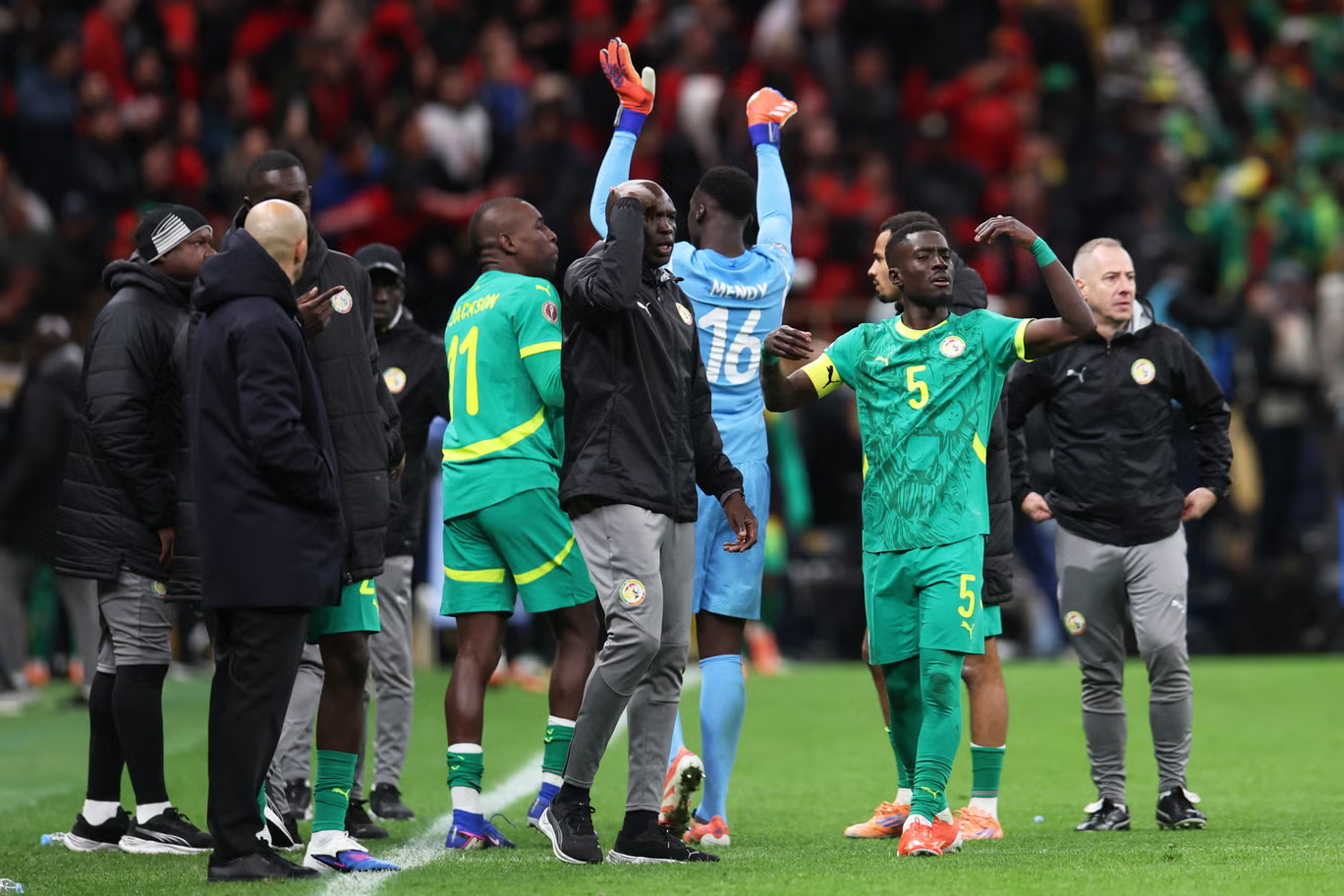India’s Defence Ministry has firmly denied US President Donald Trump’s assertion that Washington brokered the May 2024 ceasefire between India and Pakistan, emphasizing that New Delhi acted independently.
Defence Minister Rajnath Singh, speaking during a parliamentary debate on the 22 April Pahalgam terror attack in Indian-administered Kashmir, stated that Operation Sindoor—India’s retaliatory strikes—was halted only after achieving all military objectives, not due to external pressure.
“The claim that India stopped its operations under US pressure is completely incorrect and baseless,” Singh told the Lok Sabha, India’s lower house of parliament. He revealed that the Indian Armed Forces paused hostilities only after Pakistan’s DGMO requested relief, a claim Islamabad has yet to address. The four-day conflict, sparked by the Kashmir terror attack that killed 26 tourists, marked the worst India-Pakistan military confrontation in decades.

Singh detailed that Indian airstrikes targeted nine terror infrastructure sites in Pakistan-administered Kashmir, killing over 100 militants, trainers, and handlers in a 22-minute operation. “Our objective was to deliver justice for the Pahalgam victims and dismantle Pakistan’s terror ecosystem,” he said, refuting Islamabad’s claims of downing five Indian jets and a drone. According to Singh, India’s defense systems intercepted all incoming missiles, preventing any damage to military installations.
The Defence Minister warned that India could resume operations if Pakistan engaged in further “misadventures,” reinforcing New Delhi’s stance on zero tolerance for cross-border terrorism. Meanwhile, the Indian Army reported neutralizing three terrorists in a recent Kashmir gunfight, with local media speculating their involvement in the April attack—though officials remain cautious.
Why It Matters
Trump’s repeated claims of US mediation in the India-Pakistan ceasefire have been consistently dismissed by New Delhi. The May escalation saw dozens of casualties before the truce, which India attributes to strategic success rather than diplomatic intervention.
Analysts suggest Pakistan’s reluctance to comment on Singh’s DGMO plea claim may reflect sensitivities over admitting operational fatigue. The conflict has intensified global scrutiny on Kashmir’s security crisis, with India accusing Lashkar-e-Taiba (a UN-proscribed militant group) of orchestrating the Pahalgam attack.
With Indian forces remaining on high alert and Pakistan yet to respond to Singh’s parliamentary statements, the region’s fragile peace hangs in the balance. Opposition leaders have demanded transparency on airstrike outcomes, while security experts warn that unresolved terror infrastructure in Pakistan could reignite clashes.

















